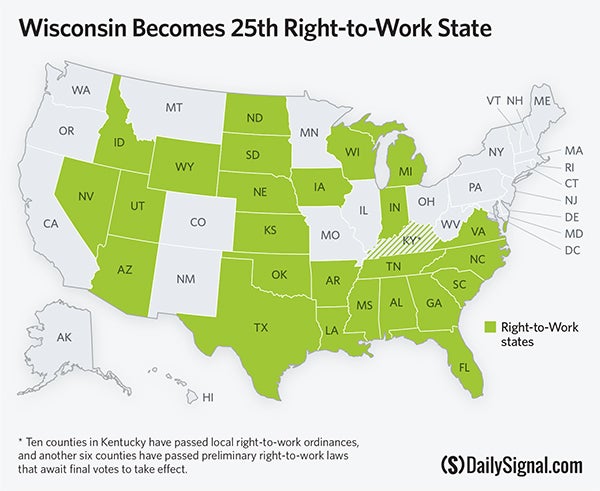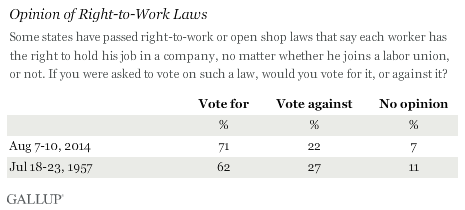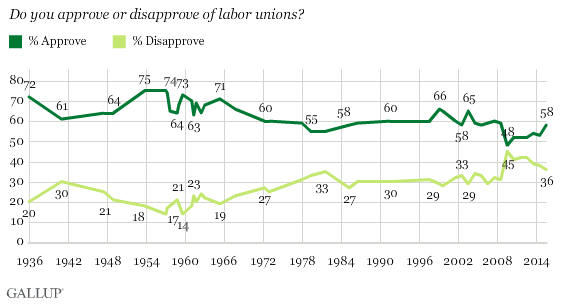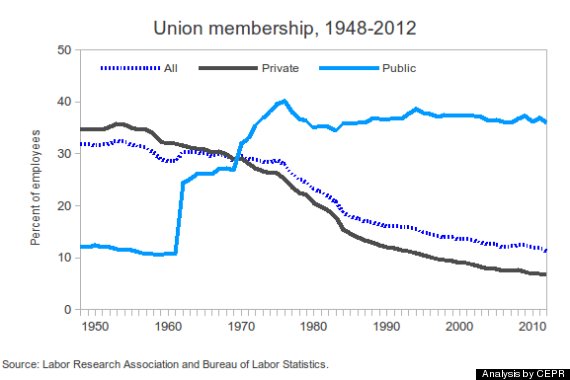As long as the reason of man continues fallible, and he is at liberty to exercise it, different opinions will be formed. As long as the connection subsists between his reason and his self-love, his opinions and his passions will have a reciprocal influence on each other; and the former will be objects to which the latter will attach themselves.
...
The latent causes of faction are thus sown in the nature of man; and we see them everywhere brought into different degrees of activity, according to the different circumstances of civil society. A zeal for different opinions concerning religion, concerning government, and many other points, as well of speculation as of practice; an attachment to different leaders ambitiously contending for pre-eminence and power; or to persons of other descriptions whose fortunes have been interesting to the human passions, have, in turn, divided mankind into parties, inflamed them with mutual animosity, and rendered them much more disposed to vex and oppress each other than to co-operate for their common good. So strong is this propensity of mankind to fall into mutual animosities, that where no substantial occasion presents itself, the most frivolous and fanciful distinctions have been sufficient to kindle their unfriendly passions and excite their most violent conflicts. But the most common and durable source of factions has been the various and unequal distribution of property. Those who hold and those who are without property have ever formed distinct interests in society. Those who are creditors, and those who are debtors, fall under a like discrimination. A landed interest, a manufacturing interest, a mercantile interest, a moneyed interest, with many lesser interests, grow up of necessity in civilized nations, and divide them into different classes, actuated by different sentiments and views. The regulation of these various and interfering interests forms the principal task of modern legislation, and involves the spirit of party and faction in the necessary and ordinary operations of the government.Hamilton argues against representation by occupational category:
It is notorious that there are often as great rivalships between different branches of the mechanic or manufacturing arts as there are between any of the departments of labor and industry; so that, unless the representative body were to be far more numerous than would be consistent with any idea of regularity or wisdom in its deliberations, it is impossible that what seems to be the spirit of the objection we have been considering should ever be realized in practice.ABRAHAM LINCOLN DID LOBBYING.
Leadership PACs and Super PACs

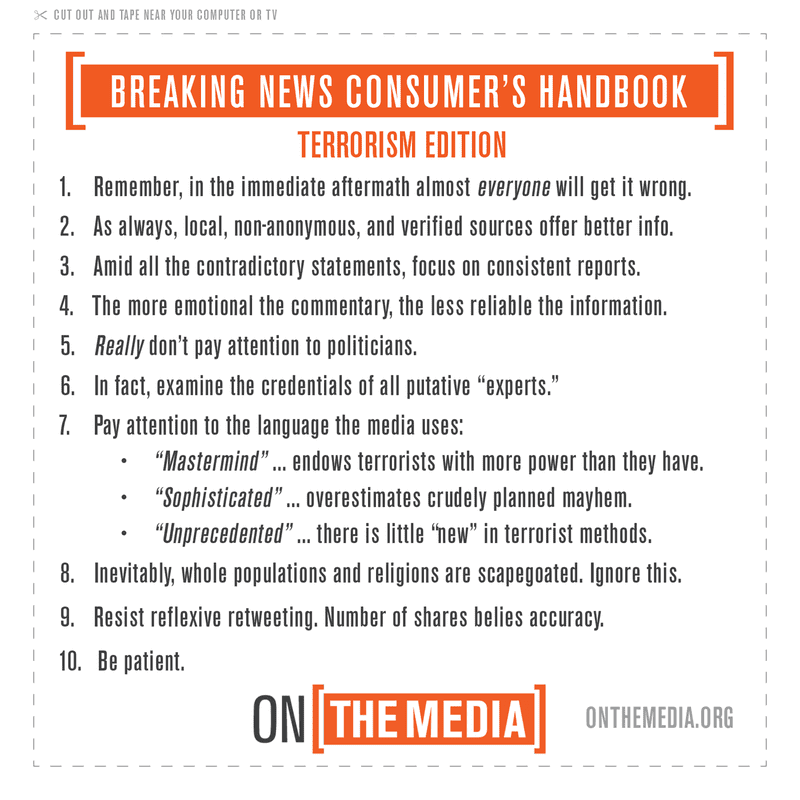



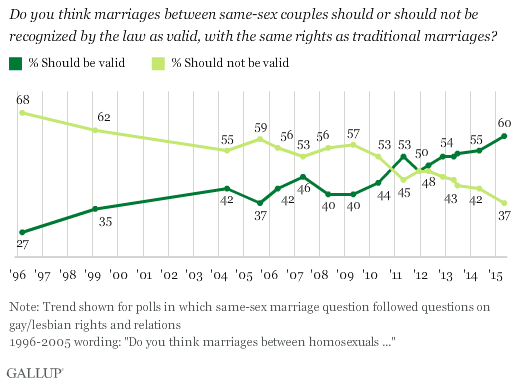
/cdn0.vox-cdn.com/uploads/chorus_asset/file/3436862/AFSCME_WI_decline.0.png)
/cdn0.vox-cdn.com/uploads/chorus_asset/file/3437644/Estimated_WI_public_sector_union_members.0.png)
